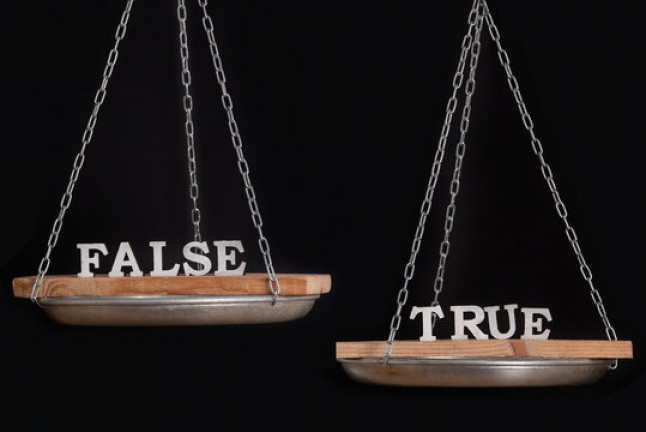
The Difference Between True Prophecy and False Prophecy
April 6, 2023Prophecy refers to receiving or revealing information about future events or insights about the nature of reality. In general, prophecy can be classified as either true or false depending on whether it accurately predicts events or not.
True prophecy is when a prophecy accurately predicts future events or reveals insights about the reality that are later confirmed to be true. True prophets have been known to make predictions that come to pass, such as predicting the fall of empires, natural disasters, or the birth of a child. True prophecy is often seen as a sign of divine inspiration or supernatural insight.
On the other hand, a false prophecy is when a prophecy does not come to pass or is revealed to be untrue. False prophets can make predictions that are proven to be false or reveal insights that are later shown to be inaccurate or deceptive. False prophecy can result from intentional deception, human error, or a lack of understanding or insight.
It is important to note that determining whether a prophecy is true or false can be difficult, as it often requires waiting for events to unfold or for additional information to be revealed. Additionally, beliefs about prophecy can vary widely across different cultures and religious traditions.
